About the Project
Recent political events in Montenegro have prompted a reevaluation of the evolving connotations of “secularism”, “secularity”, and “desecularization” within the Montenegrin public sphere. The 2020 electoral turnover has disrupted the so-called “anticlerical paradigm”, which has shaped Montenegrin public perception of religion’s role in society, its relationship with science, and the appropriateness of religious organizations’ involvement in the political process since the times of actually existing socialism. This socio-political transformation, sometimes even referred to as the “clerical counterrevolution”, has created an opportunity to rethink the ideas of “secularism”, “secularity”, and “desecularization” within the socio-political and socio-cultural context in Montenegro. While these concepts are predominantly analyzed in relation to the Montenegrin state – that is, at the level of power relations in the polity – the role of religion within its (civil) society remains understudied.
The project Beyond the Anticlerical Paradigm: Rethinking Secularism in Contemporary Montenegro aims to critically reflect on how the country’s history, marked by both early modern “theocratic” rule and 20th-century real socialism, influences current thought on (the relations between) religion, politics, and science in Montenegro today. Specifically, we seek to examine contemporary perspectives on secularism, secularity, and desecularization in the Montenegrin public sphere, focusing on academic, intellectual, and activist actors – that is, their conceptual toolkits, analytical vocabularies, and higher principles employed when articulating opinions, formulating critiques, and justifying positions on these issues – during (politicized) debates.
This project, conducted by the Institute for Advanced Studies at the University of Montenegro, has been made possible through a generous grant from the University of Oxford. It functions as a sub-project within the umbrella project New Horizons for Science and Religion in Central and Eastern Europe, supported by the John Templeton Foundation under the Public Engagement funding area. Its aim is to foster world-class research and outreach throughout Central and Eastern Europe.



